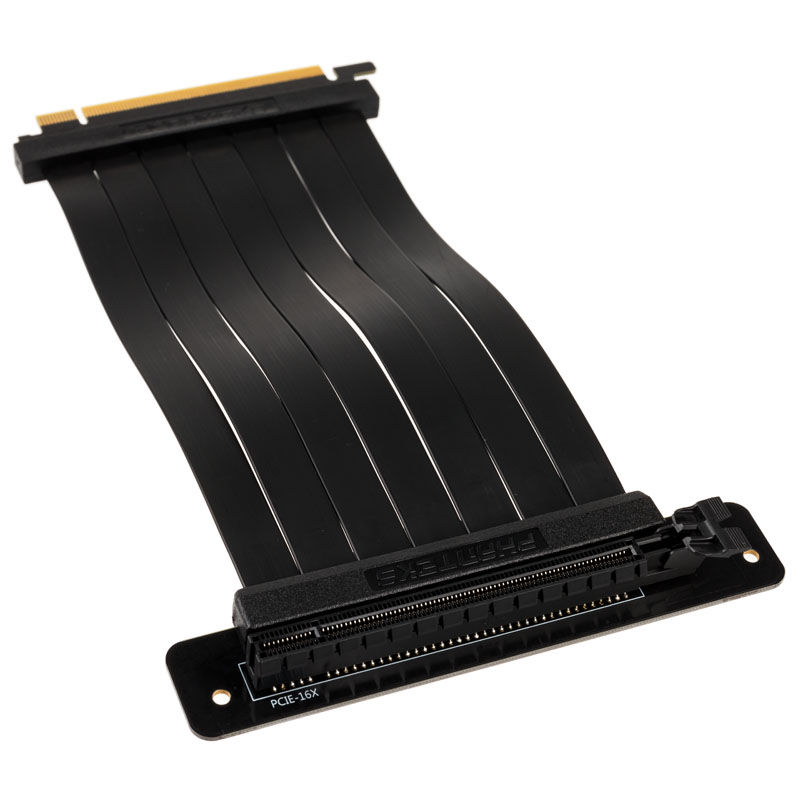Nobody is talking about the hazards now with all these sections of components blasting out such temps...
And people thought they were safe from their GPU burning down the house with a new generation and 'fixed' connectors, I'm looking forward to stories of melted connectors again

7900XTX going for £900+ on OCUK still, and zero 4080s or 4090s.
There are other retailers obviously. Though admittedly the great deals on current gen GPUs have dried up months ago, that was the time to buy.
Admittedly, everyone was holding off to wait for better price/performance with new launches, nobody could have predicted that:
a) The new options at sub £1k would be lackluster performance increase
b) Prices of existing GPUs would shoot up so soon before the new launches, due to a combination of factors, making them less of an alternative option.
I've found it suspiciously intriguing, how all the existing gen GPUs have shot up in price close to the new launches.
Some claim it's due to low stock, but even and especially AMD GPUs have gone up significantly too.
Very similar to how 7800X3D shot up before 9800X3D launched.
Still my point is, it is possible to find 7900XTX for well under £800 right now. If a 5080 is 25% faster (or less) than a 7900XTX, especially if the 7900XTX is close, the AMD option might be a better buy. Plus, more importantly, the 7900XTX has 50% more VRAM, helping it last a bit longer for high resolution games, till the next upgrade.
The only other options with higher than 16GB VRAM are 4090/5090.







